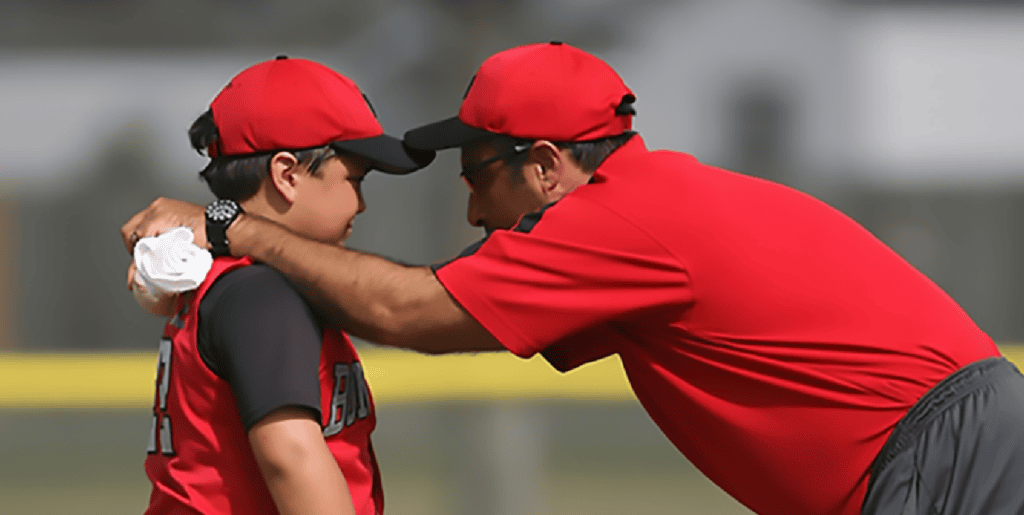PCA Resource zone
Healing Centered Coaching

Players come to our teams with many strengths waiting to be built upon and developed. Sports can be a venue that helps kids build skills that go beyond the field, such as teamwork, goal setting and persistence.
As coaches work with their players it’s important to remember that their personal experiences can directly impact how they show up at practice.
Without considering this context, coaches may view players’ expressions as “bad behavior.” In this case, the coach may wonder “What is wrong with you?”
With an understanding of trauma’s impact, coaches can move to asking, “What has happened to you?”
Healing Centered Coaching enables us to ask ourselves a profoundly different question: “What is right with you?”
This creates connections with kids that start from a place of expanding possibilities. Belief in what’s possible is powerful and can increase kids’ confidence and sense of self.
Coaches Can:
- Utilize physical activity to heal the mind and body
- Develop skills to build competency and confidence
- Engage unregulated players in patterned, rhythmic, repetitive activities (e.g., dribbling, juggling)
- Forge connections by creating listening and sharing activities
- Create safety by incorporating structure/routine